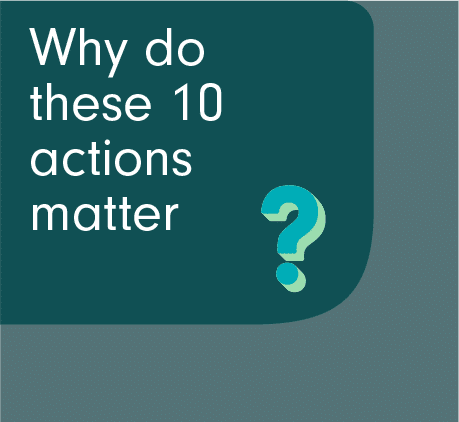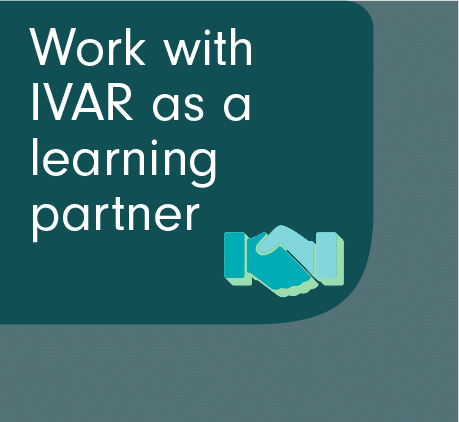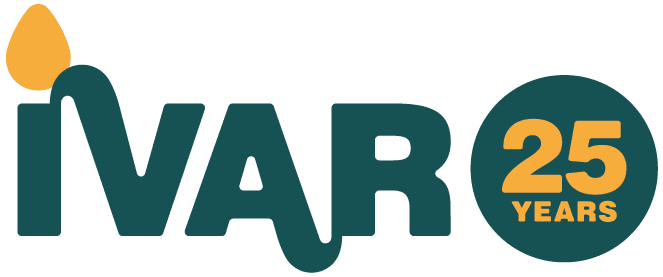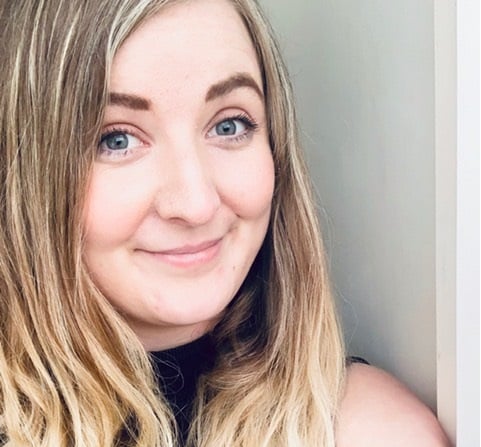This blog summarises our findings about what 1,200 charities want from funders when they apply for and manage grants. Thank you Bangladeshi Women’s Association and The Co-op Foundation for the profile picture.
In February 2021, we launched the Open and Trusting Grant-making initiative, which aimed to build on and enhance the positive adaptations made by foundations in response to Covid-19, for the long term. Our ambition was a simpler, more respectful, inclusive philanthropy, that put charities at the heart of change.
Now, as charities are confronted with the Cost of Living crisis, the case for change is all the more compelling. We need to do everything in our power to support charities to do the best possible job for the communities and causes they serve, and there is much that grantmakers can do. Today, we are publishing the Funding Experience Survey findings – where we heard what 1,200 charities need to reduce the wasted time, effort and stress of fundraising and funding relationships. Ultimately, their message is loud and clear: get the basics right. How you fund matters, and small adjustments can make a massive difference.
Over 100 funders – responsible for more than £800 million of annual grants – have now joined our Open and Trusting community. These funders recognise that shifting to a more trusting, power-aware relationship between foundations and charities is necessary for civil society to be a true force for equitable, democratic and effective social change. Wherever they are on this journey, they understand the pressing need to hear honest feedback and to welcome charities into their thinking as they move forward.
Over the autumn, we’ll be working with a group of 30 charities to bring this shift to life. Foundations who first joined Open and Trusting will complete a self-reflection form, looking back at the commitments they made when signing up; and will then join a peer review session with another funder, facilitated by two charities. The Funding Experience Survey findings will be central to this process.
Charities have told us loud and clear what they need. They know that funders face different constraints and opportunities, but everyone can do something. However far along the journey you are, we believe that it is worth considering: can we go further? We are asking our community – and all funders – to implement the 10 actions that charities agree would make a real difference.
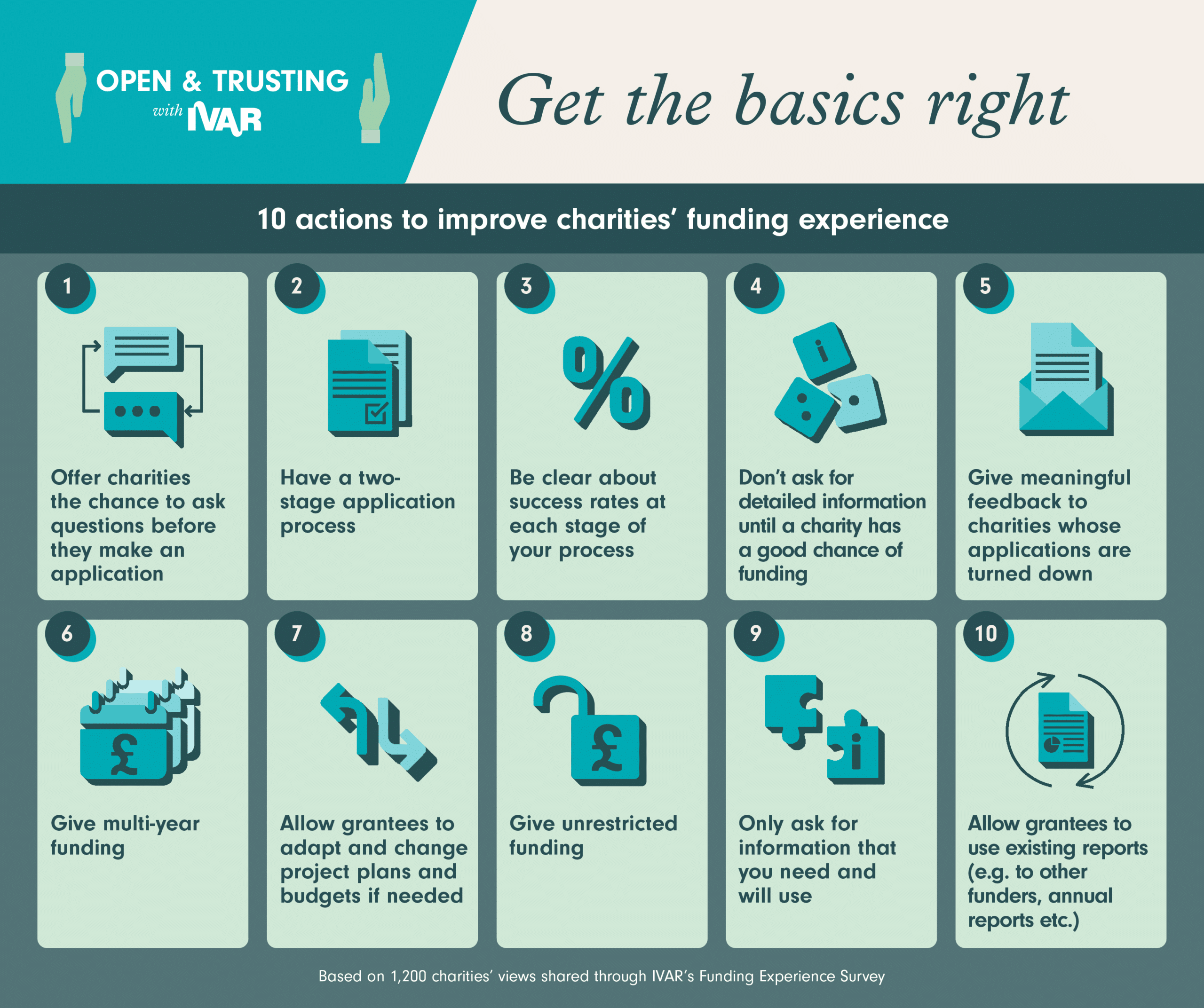
If you are working towards more open and trusting grant-making, please do join our community. Share your experiences and become part of the collective effort, sending a powerful message to charities that funders are really listening – and that more positive changes are on the way.
You can sign up to be an Open and Trusting Grantmaker by clicking the middle button below.
Share the findings
We hope that many funders beyond our community will use the findings to develop their practice, and would really appreciate your help to share them far and wide. Copy the code in the box below into your HTML editor to share the 10 actions on your website. Alternatively, you can save the image and include a link back to IVAR’s blog.
You can also share this blog on your social media platforms or through email using the button below.
Work with IVAR as a learning partner
We’ve been working with foundations and charities for 23 years, using research skills to help navigate live challenges. Here are some examples:
- Independent survey of Walcot Foundation’s grant-making practices. We gathered the views of Walcot Foundation grantees on their experiences of the Foundation’s grant-making, to inform future practice. This included conducting a survey and focus group with college and university students who receive grants in support of their studies. Read more.
- As a learning partner to the Pears #iwill Fund from 2017 to 2022 we supported Pears Foundation, the #iwill Fund and a network of 32 NHS Trusts to learn from their youth volunteering programmes in real time. We developed and coordinated the #iwill Helping in Hospitals Network, combining remote and face-to-face peer learning and supported a group of young people to carry out peer research into youth volunteering in hospitals. Read more.
- We supported Carnegie UK’s Chair and CEO to explore where and how learning fits into its governance. Through a series of interviews and facilitated conversations, we helped the trust to consider what mattered most to them, and introduced the concept of ‘strategic learning’. Read more.
The role we play varies according to project, partner and need – but we are always guided by our action research principles:
- Problem-solving: Our work starts with a practical problem, challenge or opportunity. We work with you to help pin down what really needs to be addressed.
- Collaborative: We are not the experts – we believe that those with direct experience of an issue are key to resolving challenges and opening up opportunities. We work with you to help draw out useful solutions.
- Practical: We work hard to generate practical learning. We ask questions, and encourage reflection and debate to help produce outcomes that are meaningful and long-lasting.
- Useful for all: No project is standalone – our work provides learning and evidence to help strengthen the voluntary sector.
If you’d like tailored support to incorporate the Funding Experience Survey findings into your practice, please do get in touch by emailing enquiries@ivar.org.uk
Why do these 10 actions matter?
1. Offer charities the chance to ask questions before they make an application
Why this matters: 75% agreed or strongly agreed that ‘I wish all grantmakers would let us pick up the phone and ask questions before we decide whether to apply for a grant’.
2. Have a two-stage application process
Why this matters: 74% agreed or strongly agreed that ‘I prefer it when grantmakers have a simple first stage application form and only ask for more detail if we are invited to their second stage’.
3. Be clear about success rates at each stage of your process
Why this matters: 75% agreed or strongly agreed that ‘I would find it helpful if grantmakers told us what percentage of applications get through each stage of their application process’.
4. Don’t ask for detailed supporting information until you know a charity has a good chance of funding
Why this matters: 76% agreed or strongly agreed that ‘Grantmakers shouldn’t ask for detailed questions – like an activity plan or a monitoring and evaluation plan – until they know there is a good chance that they are going to fund us’.
5. Give meaningful feedback to charities whose applications are turned down
Why this matters: 91% agreed or strongly agreed that ‘Grantmakers should always tell us why they have turned us down for a grant. Otherwise, we can’t learn how to make better applications’.
6. Give multi-year funding
Why this matters: 92% agreed or strongly agree that ‘Getting multi-year funding is really important to the stability of my organisation and our work’.
7. Allow grantees to adapt and change project plans and budgets if needed
Why this matters: 74% agreed or strongly agreed that ‘We need more trusts and foundations who trust us to spend their money well on what is most needed and don’t tie us down to detailed project plans or budgets in advance’.
8. Give unrestricted funding
Why this matters: 88% agreed or strongly agreed that ‘Giving us unrestricted funding – money that we can spend on anything within our charitable objects – would make a huge difference to our ability to respond to changing circumstances and the things that matter most to our community/cause’.
9. Only ask grantees for information that you really need and will definitely use
Why this matters: 71% agreed or strongly agreed that ‘I don’t think many grantmakers understand how much time and energy it takes to respond to all their different monitoring requirements’.
10. Allow grantees to use existing reports (e.g. to other funders, annual reports, etc.)
Why this matters: 70% agreed or strongly agreed that ‘It would make a big difference if we could produce one report every year on our progress and outcomes as an organisation and send it to all our funders instead of individual reports’.

